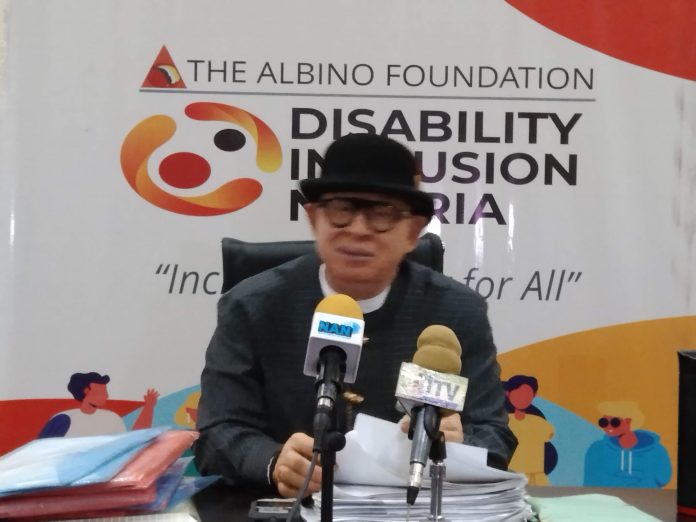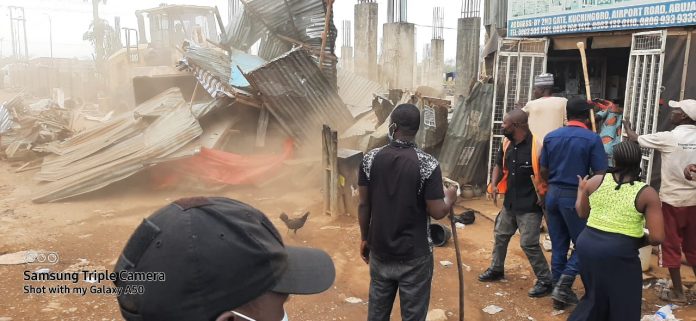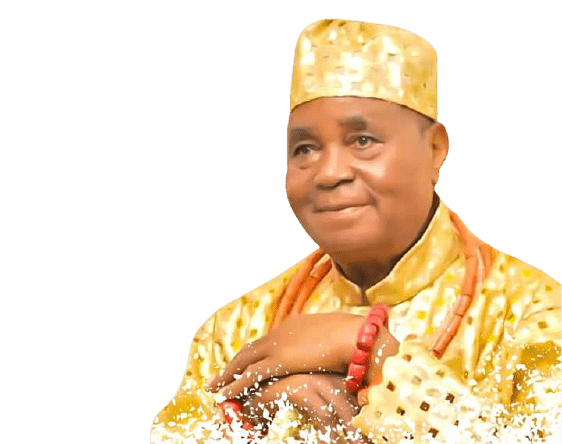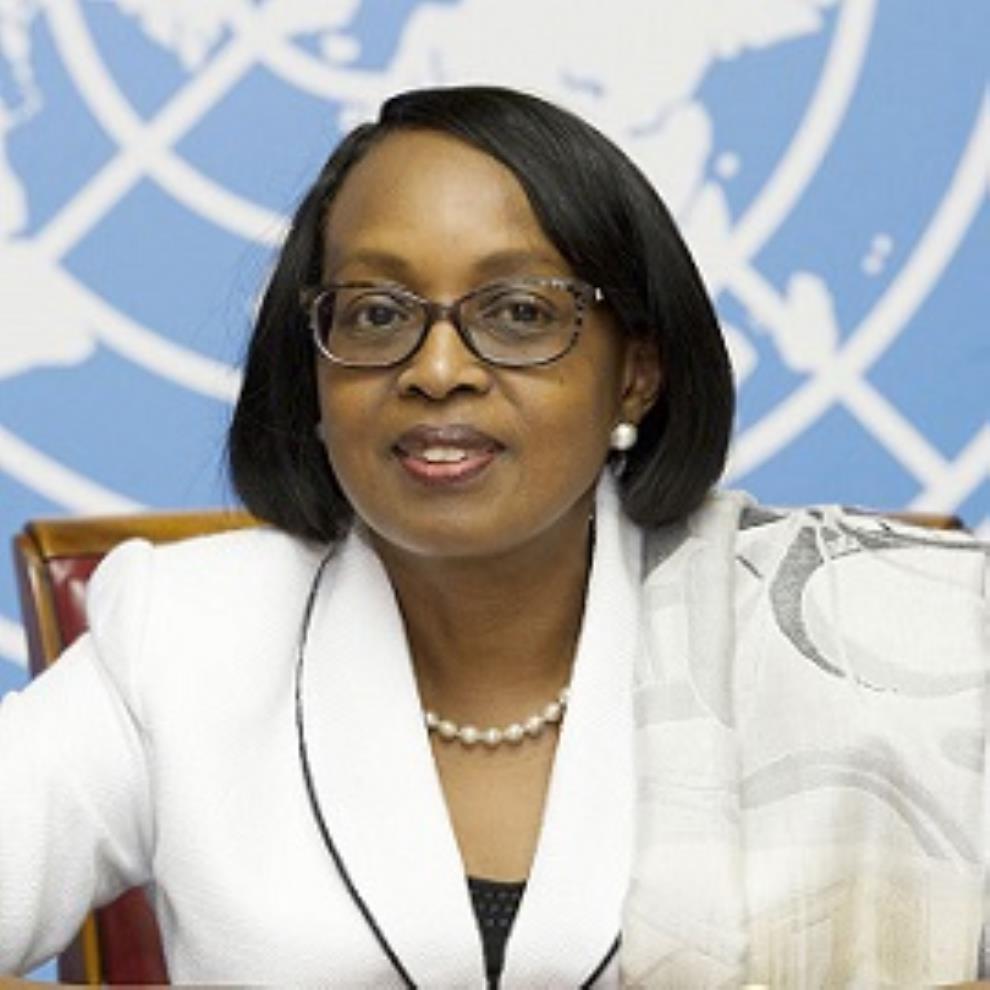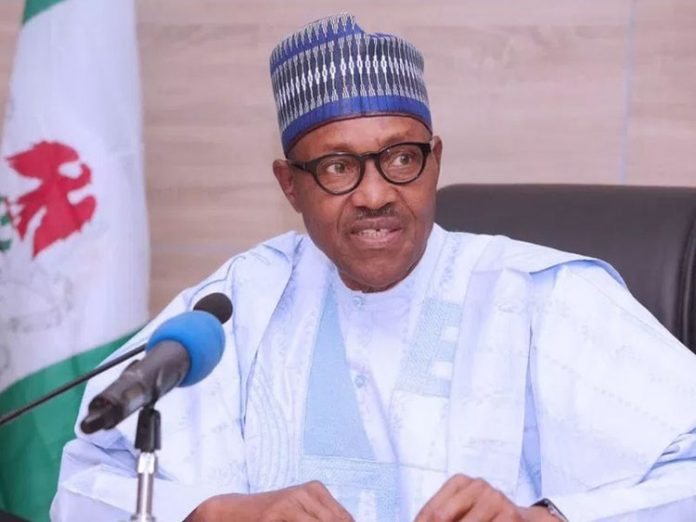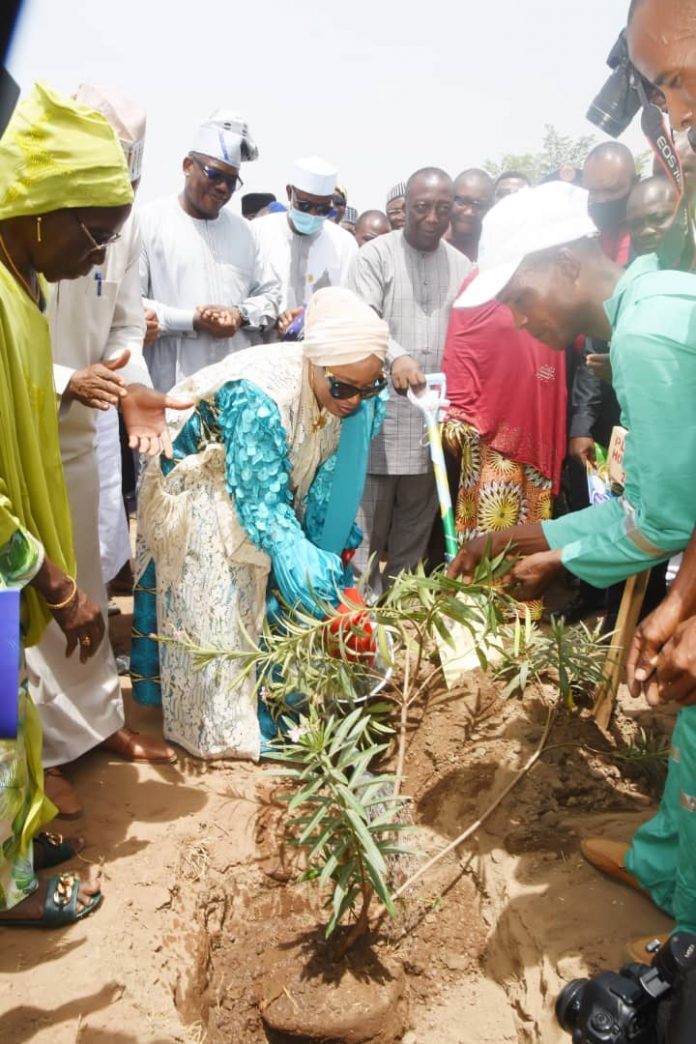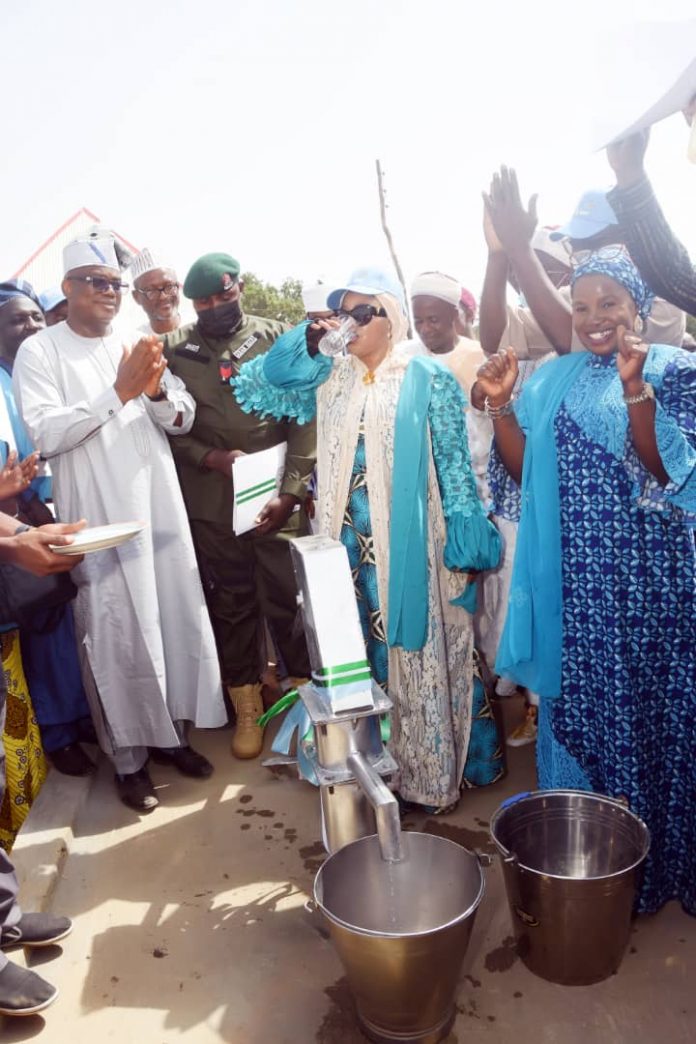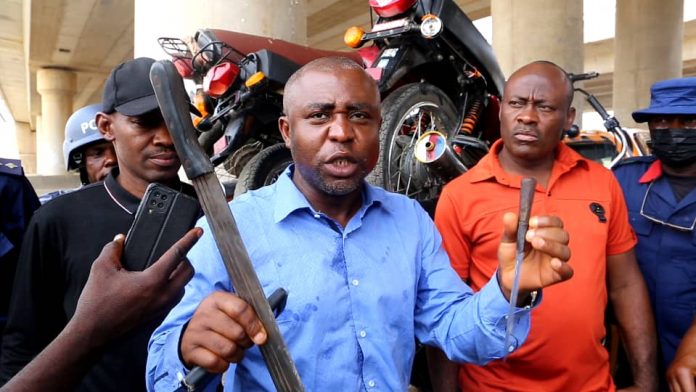The Albino Foundation (TAF) has affirmed the assistance it has gotten from the Federal Government
in the treatment of Persons With Albinism (PWAs) infected with skin cancer.
The Founder of TAF and President of Albinism Association of Nigeria (AAFN), Mr Jake Epelle gave the affirmation in Abuja at a press conference.
He expressed gratitude to the Federal Government for being responsible for the treatment of the skin cancer, and added that many members of the foundation had benefitted.
He said that “in Africa, only Nigeria has free skin cancer treatment scheme. We will like to again register our gratitude to
government for recommending PWAs who were in need of treatment.”
Epelle said that the foundation had attracted free cancer treatment to members with government’s direct sponsorship, in line with its advocacy activities.
He further stated that TAF had mobilised for the treatment of PWAs within and outside the country worth millions of dollars.
He said that even though he had no accurate number of persons so far treated or referred to hospitals as a result of loss of some
documents in course of movements from one office to another, “this is verifiable by the beneficiaries”.
Epelle described as fallacious the claim that government had not in any way sponsored the treatment of PWAs for skin cancer.
He, however, added that there was discontinuation of treatment as a result of high cost of drugs.
He commended the Ekiti Government “for showing care and concern in the affairs and health condition of PWAs.”
Also, the Assistant Coordinator of the foundation in Enugu, Ms Nonye Ogbuagu also affirmed government’s involvement in the treatment of PWAs with skin cancer.
She said that the foundation had referred many persons to the National Hospital, Abuja, for skin cancer treatment under
the auspices of government.
Bassey Mbah, the Coordinator of the group in Cross River, emphasised the imperatives of early and timely treatment of skin cancer
in PWAs to avoid high mortality rate.
Mbah urged TAF members to use the opportunity offered to treat skin cancer by visiting facilities on time.

